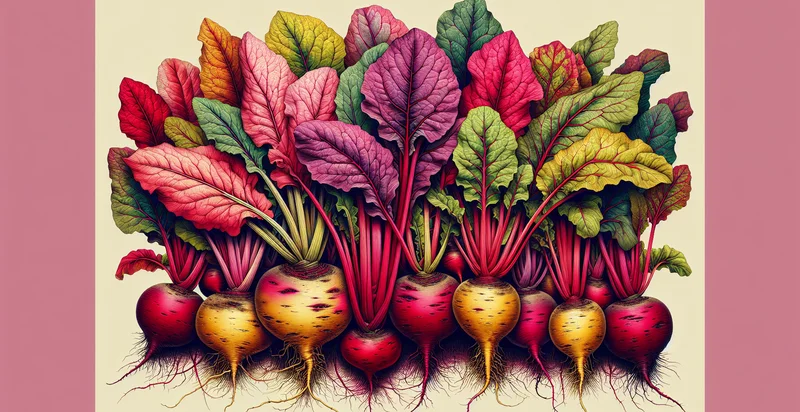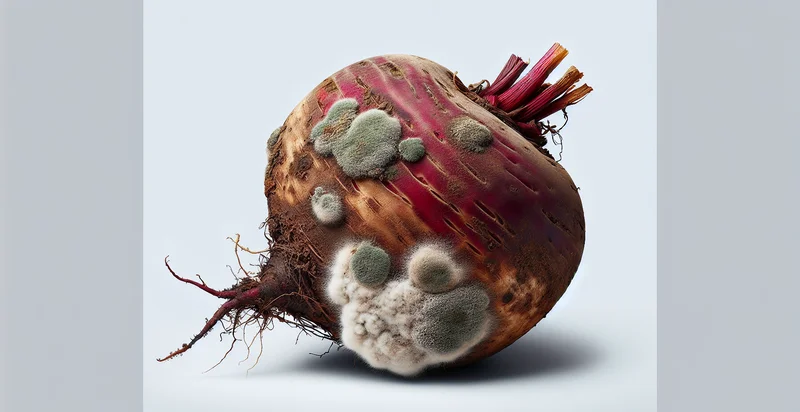Identify beet species
using AI
Below is a free classifier to identify beet species. Just upload your image, and our AI will predict what beet species it is - in just seconds.

Contact us for API access
Or, use Nyckel to build highly-accurate custom classifiers in just minutes. No PhD required.
Get started
import nyckel
credentials = nyckel.Credentials("YOUR_CLIENT_ID", "YOUR_CLIENT_SECRET")
nyckel.invoke("beet-species", "your_image_url", credentials)
fetch('https://www.nyckel.com/v1/functions/beet-species/invoke', {
method: 'POST',
headers: {
'Authorization': 'Bearer ' + 'YOUR_BEARER_TOKEN',
'Content-Type': 'application/json',
},
body: JSON.stringify(
{"data": "your_image_url"}
)
})
.then(response => response.json())
.then(data => console.log(data));
curl -X POST \
-H "Content-Type: application/json" \
-H "Authorization: Bearer YOUR_BEARER_TOKEN" \
-d '{"data": "your_image_url"}' \
https://www.nyckel.com/v1/functions/beet-species/invoke
How this classifier works
To start, upload your image. Our AI tool will then predict what beet species it is.
This pretrained image model uses a Nyckel-created dataset and has 15 labels, including Albino Beet, Beetroot, Black Beet, Candy Stripe Beet, Chioggia Beet, Crimson Beet, Cylindrical Beet, Fodder Beet, Golden Beet and Leaf Beet.
We'll also show a confidence score (the higher the number, the more confident the AI model is around what beet species it is).
Whether you're just curious or building beet species detection into your application, we hope our classifier proves helpful.
Related Classifiers
Need to identify beet species at scale?
Get API or Zapier access to this classifier for free. It's perfect for:
- Crop Selection Advisor: The beet species identifier can assist farmers in selecting the most suitable beet varieties for their specific soil and climate conditions. By analyzing images of existing crops and aligning them with database characteristics, farmers can enhance yield and minimize risks associated with crop failure.
- Quality Control in Food Processing: Food processing companies can utilize the identifier to ensure that the beets being received meet the required quality standards. By classifying beet species at the point of entry, businesses can reduce the likelihood of processing defective or undesirable varieties, thereby improving product consistency.
- Nutritional Analysis for Health Products: Health product manufacturers can leverage the identifier to accurately classify beet species used in their formulations. This functionality would enable them to ensure the nutritional profiles of their products align with marketing claims, providing consumers with more transparent health information.
- Research and Development Support: Agricultural researchers can employ the beet species identifier to streamline the identification and classification process in their studies. This can enhance the efficiency of experiments involving beet genetics, pest resistance, and breeding programs by allowing for quick species validation.
- Supply Chain Transparency: Retailers and distributors can integrate the beet species identifier into their supply chain management systems. This would facilitate tracking and verification of beet species from farm to fork, enhancing consumer trust and ensuring compliance with labeling regulations.
- Automated Farming Solutions: Agricultural technology companies can implement the identifier into precision farming applications to enhance automated monitoring systems. By accurately classifying beet species, farmers can deploy targeted treatments for pest control and nutrient application, leading to more efficient resource use.
- Educational Tool for Agricultural Training: Agricultural education programs can utilize the beet species identifier to provide students and trainees with hands-on learning experiences. By engaging with the technology, individuals can improve their practical skills in plant identification and classification, better preparing them for careers in agriculture.


